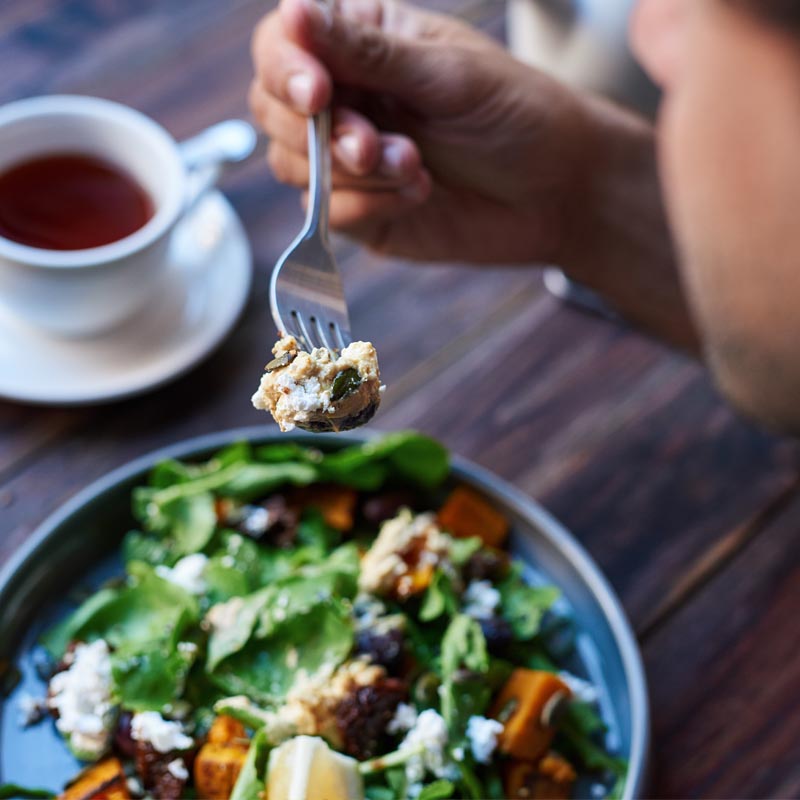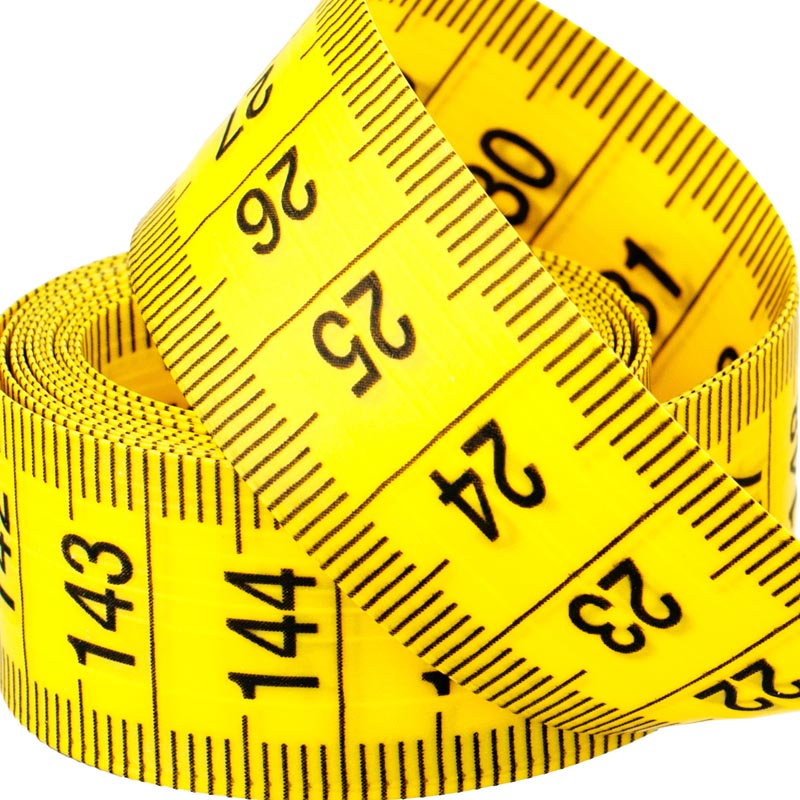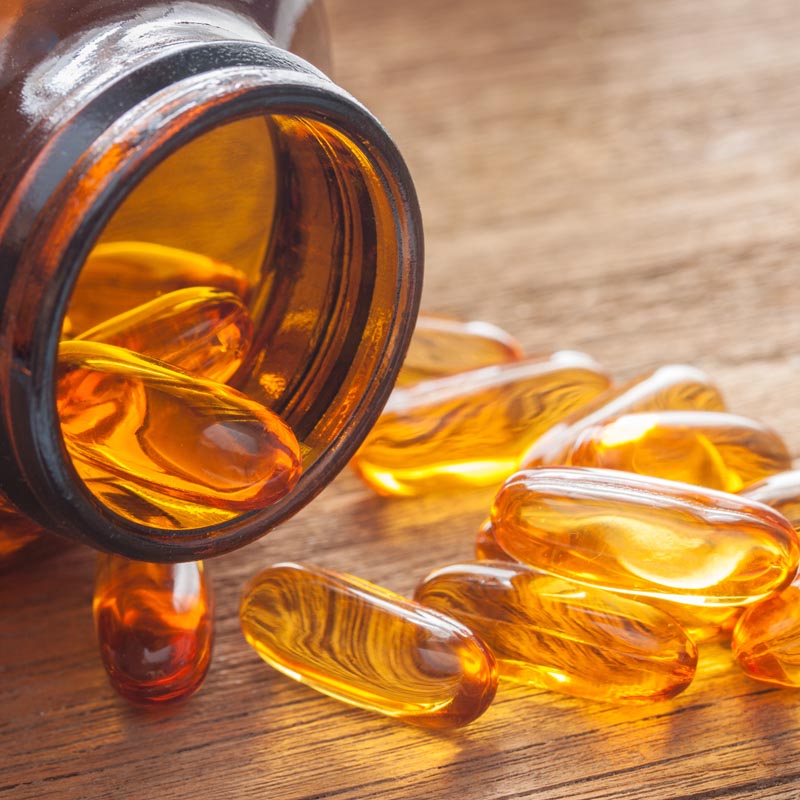Quick Studies: a snapshot of the latest research on diet, exercise, and more

Spicy Food Rescue?

Milk may help put out the fire of spicy foods better than other beverages.
People reported less “burn” after drinking spicy tomato juice if they followed it with milk (whole or skim) or Kool-Aid rather than water. They felt no less burn after seltzer, cola, or non-alcoholic beer.
What to do: Mouth on fire? Try milk.
Physiol. Behav. 2019. doi:10.1016/j.physbeh.2019.05.018.
Cutting Calories Pays Off

Animals live longer—and stay healthier—when they’re put on a lower-calorie diet. Is that also true for humans?
To find out, the CALERIE study randomly assigned 218 people aged 21 to 50 to eat their regular diets or to cut calories by 25 percent. All were in the upper half of the “normal” or the lower half of the “overweight” range.
After two years, the calorie cutters had managed to trim their calories by only 12 percent—that is, by about 300 calories a day. That led to a drop in weight (16 pounds), LDL (“bad”) cholesterol, triglycerides, blood pressure, and C-reactive protein (a measure of inflammation), and an increase in insulin sensitivity and HDL (“good”) cholesterol.
What to do: Overweight or close to it? Consider cutting back on calories.
Lancet Diabetes Endocrinol. 2019. doi:10.1016/S2213-8587(19)30151-2.
Watch Your Waist
Women with a large waist have a higher risk of dying even if they’re normal weight.

Researchers tracked roughly 156,600 post-menopausal women for 18 years. Those who were normal weight but had a large waist (at least 35 inches) had a 31 percent higher risk of dying of any cause than normal-weight women with a less-than-35-inch waist.
A large waist was linked to a greater risk of dying of cancer as well as a greater risk of dying of a heart attack or stroke.
Something else about women with a large waist could explain their higher risk (though the study took age, education, income, smoking, exercise, diet, and other factors into account). But other evidence links belly fat to heart disease, type 2 diabetes, and some cancers.
What to do: No matter what you weigh, watch your waist.
JAMA Netw. Open 2019. doi:10.1001/jamanetworkopen.2019.7337.
Feeling Depressed? Vitamin D Won’t Help

Vitamin D doesn’t help older people with symptoms of depression or walking difficulties.
Dutch scientists randomly assigned 151 people aged 60 to 80 to take either vitamin D (1,200 IU) or a placebo each day. While all had “depressive symptoms,” anyone with a diagnosis of major depressive disorder was excluded.
The participants also had at least one physical limitation (like difficulty walking, climbing stairs, rising from a chair, or dressing) and low blood levels of vitamin D (6 to 20 nanograms per milliliter in the winter or 6 to 28 ng/mL in the summer).
After one year, the vitamin D takers fared no better with their symptoms or limitations than the placebo takers.
What to do: Don’t expect vitamin D to alleviate symptoms of depression or problems with walking, rising, dressing, etc.
Am. J. Clin. Nutr. 2019. doi:10.1093/ajcn/nqz141.
Photos: stock.adobe.com: mavoimages, alex9500, Tetiana, 1989STUDIO.

